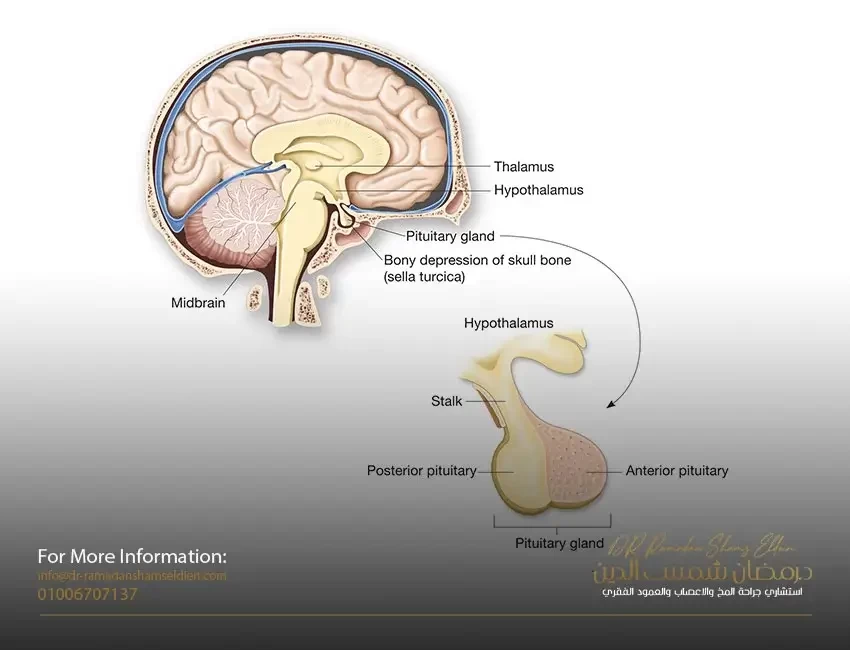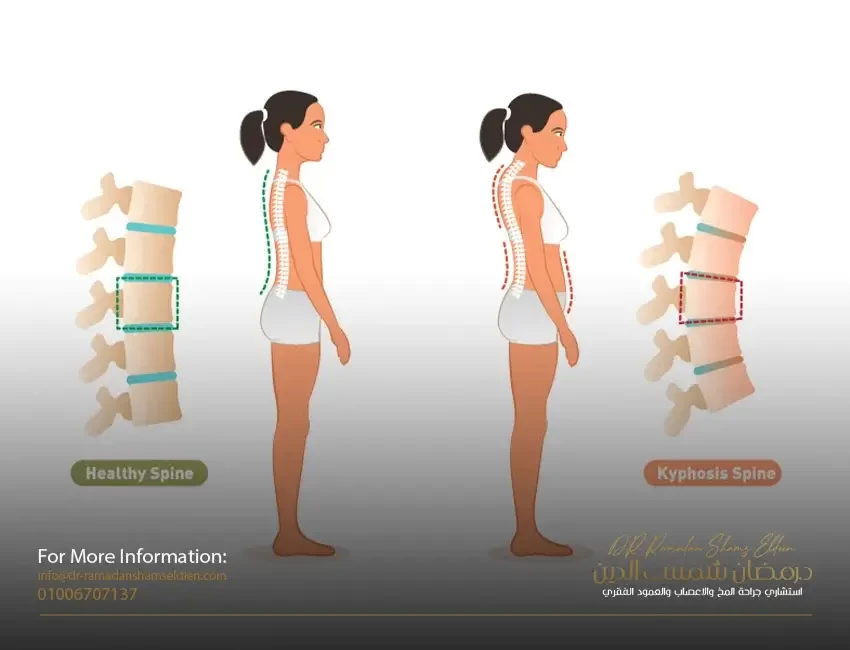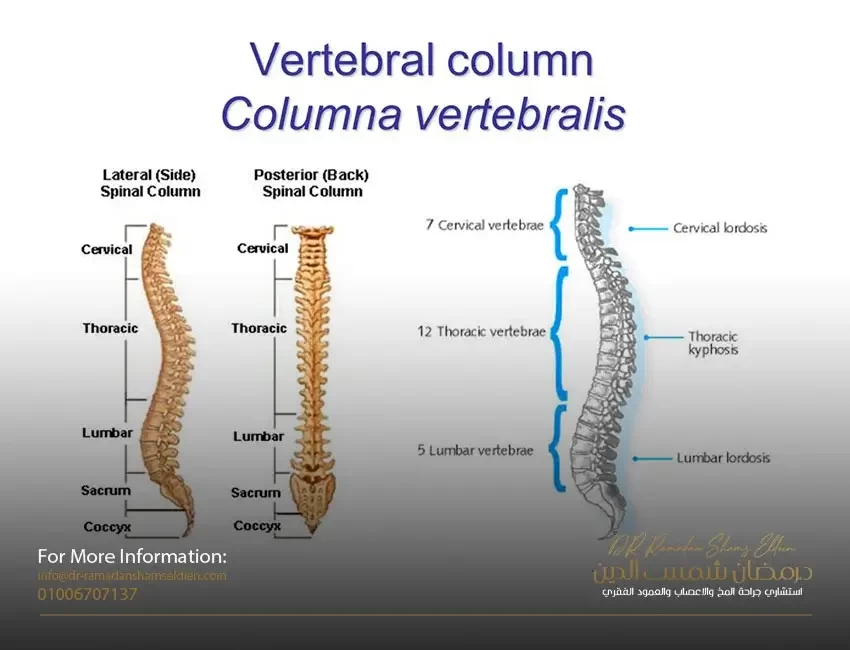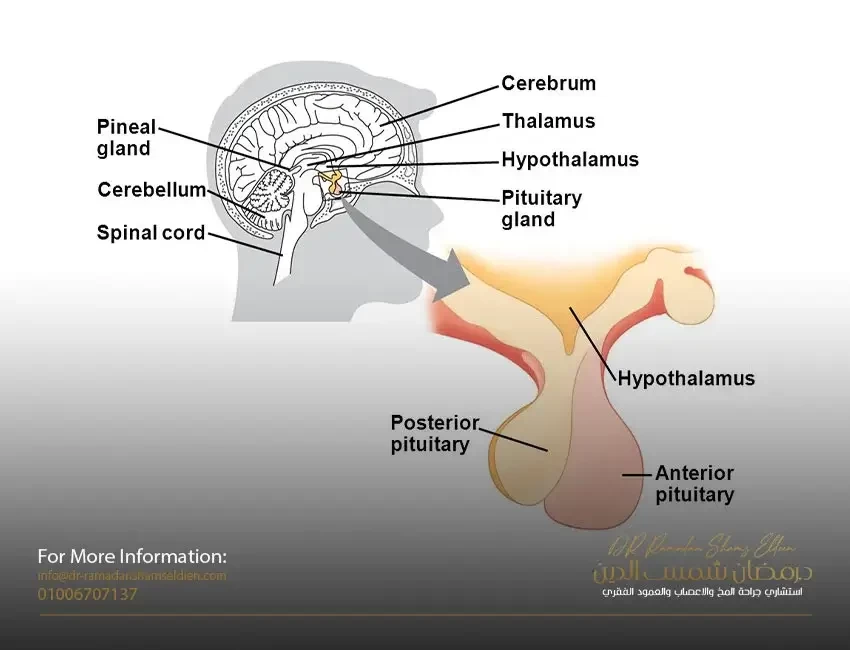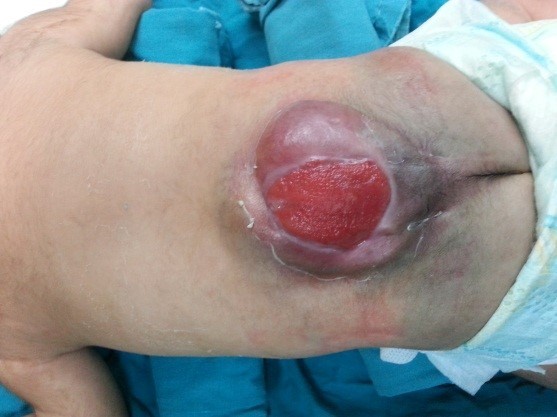headache and pain
You will be given a prescription for pain relief. Pain after pituitary gland surgery is usually easily controlled with this medication.
Don't be afraid to take pain pills if you are uncomfortable, especially when going to bed at night or getting up in the morning.
Sleeping with your head elevated (on at least two pillows) helps reduce pain and swelling.
Do not operate machinery or drive while taking drugs.
If your headache worsens, pain is not relieved by pain relievers, or you feel stiffness and pain in your neck, see a doctor.
Fatigue and stress
It is normal to feel tired after surgery for 3 to 4 weeks.
Increase your activity slowly and remember to rest when you are tired.
Sinus congestion
Don't be discouraged if you can't breathe through your nose at first. It usually takes two to three weeks before the inflammation and swelling within the nose subside enough to provide a good nasal airway.
nasal secretions
You can expect some bloody mucus to come out of your nose. This drainage will be as large as possible for the first three days after surgery. It is best not to blow your nose immediately after surgery as this may cause bleeding.
After 7 days, you can gently clean your nose.
What happens if my nose bleeds?
It is normal to detect red blood or bloody mucus. Bleeding fast, bleeding from the nose that does not stop after a few minutes of sitting and pressing your nose together is not. This rarely happens, and when it does, it is almost always a small vessel in the nose (not the tumor or the brain). Take control with pressure and go to the local emergency room. They may have to stick your nose to stop it.
clean your nose
The best way to clear your nose of dried up mucus and blood is to irrigate with a saline solution (salt water). These waterings are best done with a bottle of NeilMed Sinus Rinse, which you can get at your local pharmacy. Put the contents of one salt packet into the plastic bottle and fill it with lukewarm water. If you run out of refills, you can buy extra supplies at your local pharmacy or you can use a teaspoon of table salt instead. Once the bottle is full, lean against the sink and squeeze the bottle to irrigate each nostril with saline. Use one bottle full of salt water for each nostril. If done correctly, the mucus will be eliminated from the front of the nose. Some of the mucus may drain up the back of the nose and flow out of the other nostril or mouth. This procedure should start on the first day after surgery and be repeated at least twice daily for a week. This watering may seem unusual at first, but soon you will find it relaxing and soothing. You may want to water more than twice a day, and that's fine. Don't worry about cleaning too hard. Watering can be vigorous as long as it does not cause new bleeding.
sneezing and coughing
If you need to sneeze or cough during the two weeks following surgery, stay relaxed and let it happen! Do not hold your breath or pinch your nose!
Avoid things that make you sneeze.
Medications and lab tests
After surgery, you may be prescribed prednisone or dexamethasone. It is important to keep taking this medication daily until you are told to stop.
An endocrinologist will monitor your sodium and hormone levels in the weeks after surgery. They will instruct you on when and where to take the blood tests.
fever
If your fever is higher than 38.5 degrees, double the dose of the steroid until the fever subsides. If the fever exceeds 38.5 degrees during the first two weeks after surgery, contact your doctor.
Nausea and vomiting
If you feel sick and vomit within 4 hours of taking the steroid medicine, go to your local emergency department for an injection of the steroid medicine. Also inform your local endocrinologist/endocrinologist and Dr. Sweringen or Dr. Jones, as you may need to have your sodium level checked.
High sodium in the blood - hypernatremia
If you start urinating excessively and become very thirsty (waking up several times in the night, for example), this may be a temporary condition called diabetes insipidus. The pituitary gland may not produce enough of the hormone that regulates sodium levels in the blood. The level of sodium in your blood may be too high - hypernatremia. This is why we test your blood at regular intervals for the first two weeks after surgery. Contact your local endocrinologist/endocrinologist. Additional blood tests may be ordered. If appropriate, medication may be ordered to control excessive urination and thirst until the pituitary gland resumes normal function. This may take several days. (Diabetes insipidus is not blood sugar)
Hyponatremia - Hyponatremia
If you experience nausea and vomiting, but do not have a fever, you may have a temporary condition called syndrome of inappropriate antidiuretic hormone, or SIADH for short. The pituitary gland may secrete too much of a hormone that regulates sodium levels in the blood. The level of sodium in your blood may be too low - hyponatremia. This is why we test your blood at regular intervals for the first two weeks after surgery. Contact your local endocrinologist/endocrinologist. The doctor may order additional blood tests and, if necessary, may put you on a fluid-restricted diet until the pituitary gland resumes its normal function. This may take several days. Note that severe hyponatremia is dangerous and can cause seizures. Signs of severe hyponatremia include confusion, lethargy, and an inability to stay awake. Seek immediate medical attention - go to your local emergency department - if this occurs.
Abdominal care
A small fat graft has been taken from your belly. Try to keep the incision dry for the first week. Call the doctor if the abdominal incision becomes more painful, hot to the touch, or has redness, swelling, or drainage.
take a shower Mother
You can take a shower at any time. Cover the abdominal incision with plastic when showering for the first week after surgery. You can wet the wound after 7 days.
constipation
Pain relievers may cause constipation. If you become constipated, increase your fiber intake and you may need to take a stool softener.
Bending and lifting
Heavy lifting, stress and exercise that may cause bleeding should be avoided for the first two weeks. Don't be surprised if you tire more easily than usual. Wait about four weeks before resuming a strenuous exercise program.
everyday activities
o In general, you can return to work in two to three weeks depending on the work you do. Sooner if you feel up to it.
o You can run after a month and return to regular exercise after two months.
o You can eat and drink whatever you want.
o You can travel by plane at any time.
o You can drive at any time as long as you are not taking narcotic pain relievers.
o You can swim after two months.
o There are no restrictions on intimacy with your partner.


